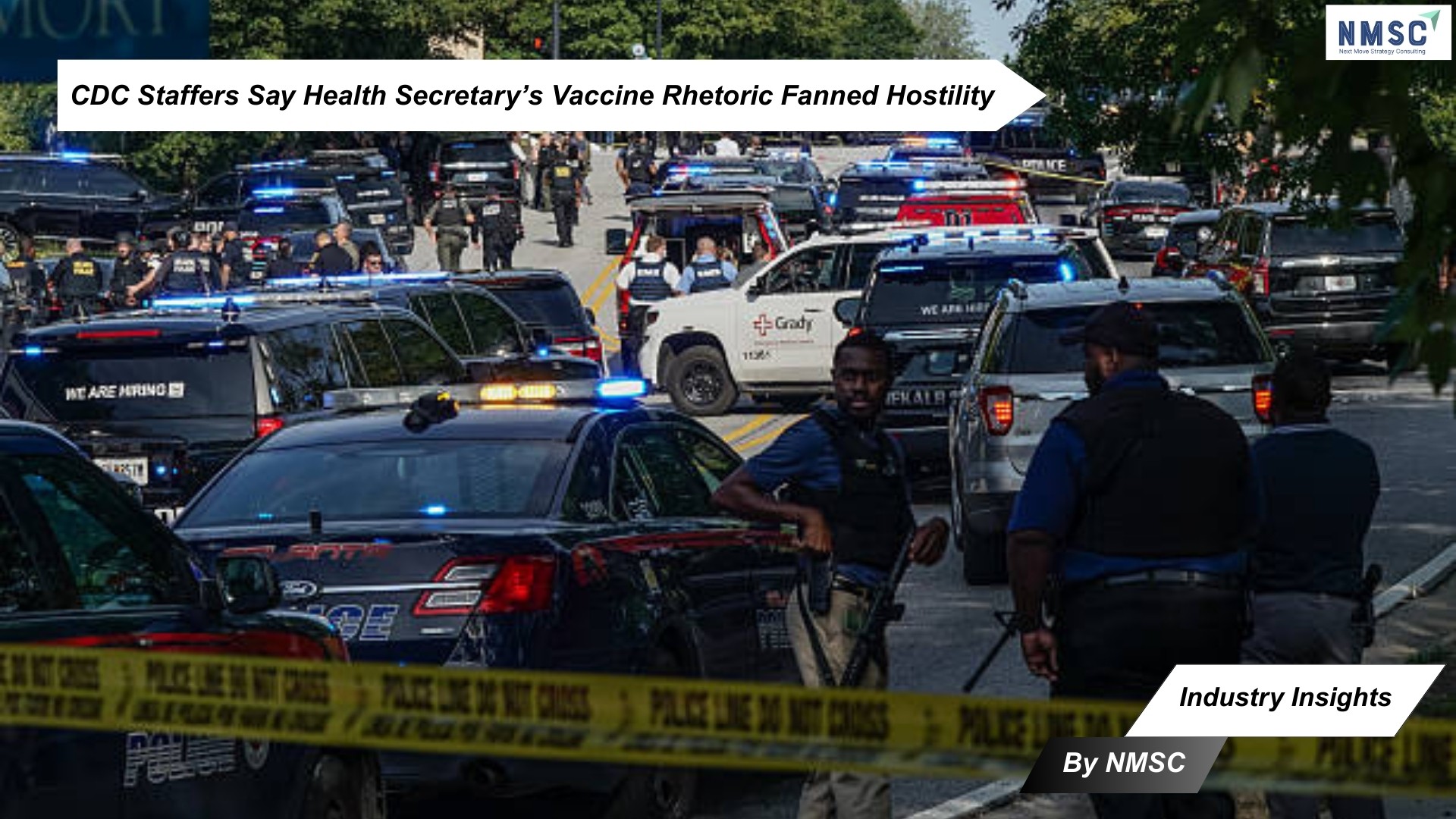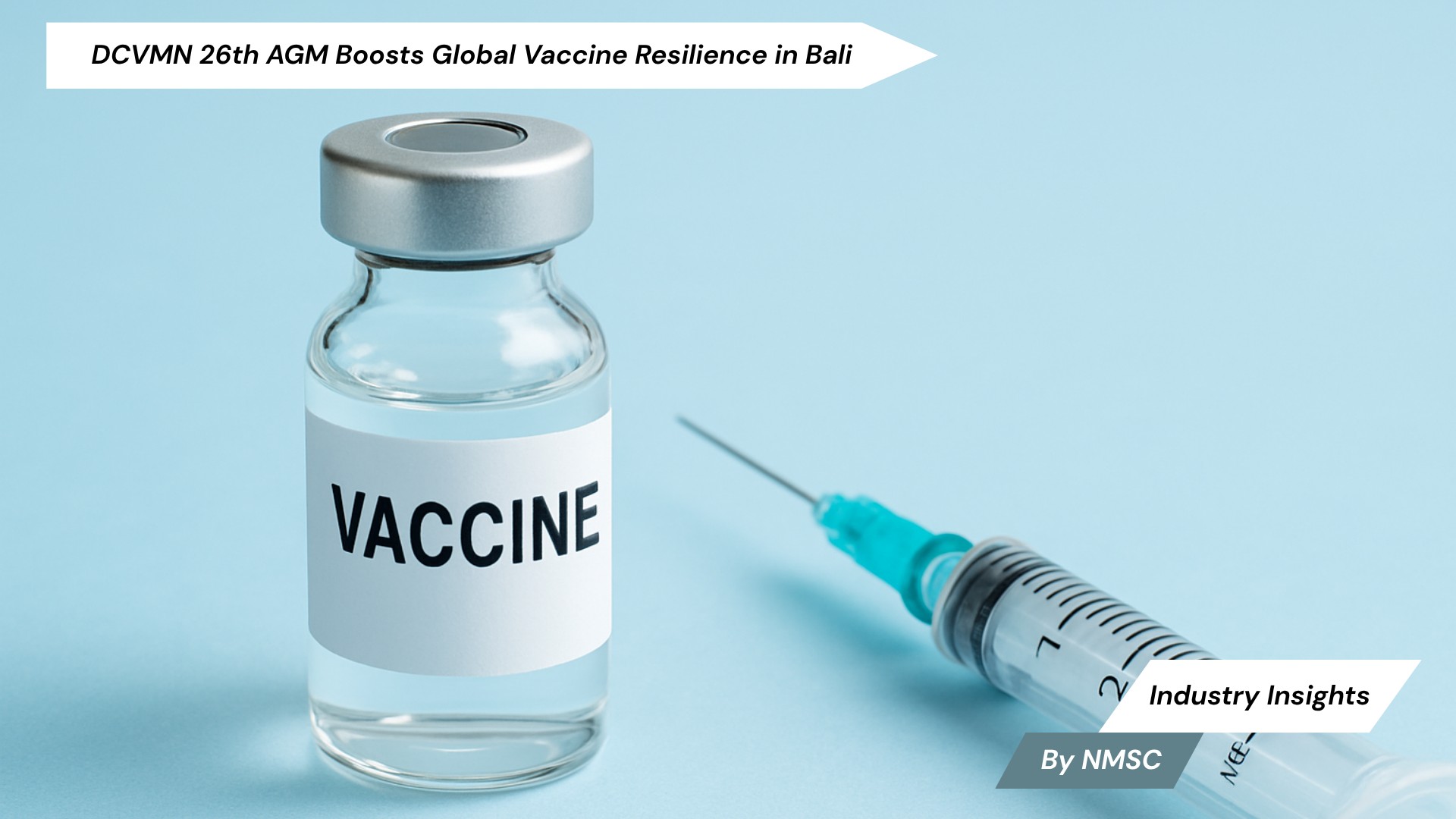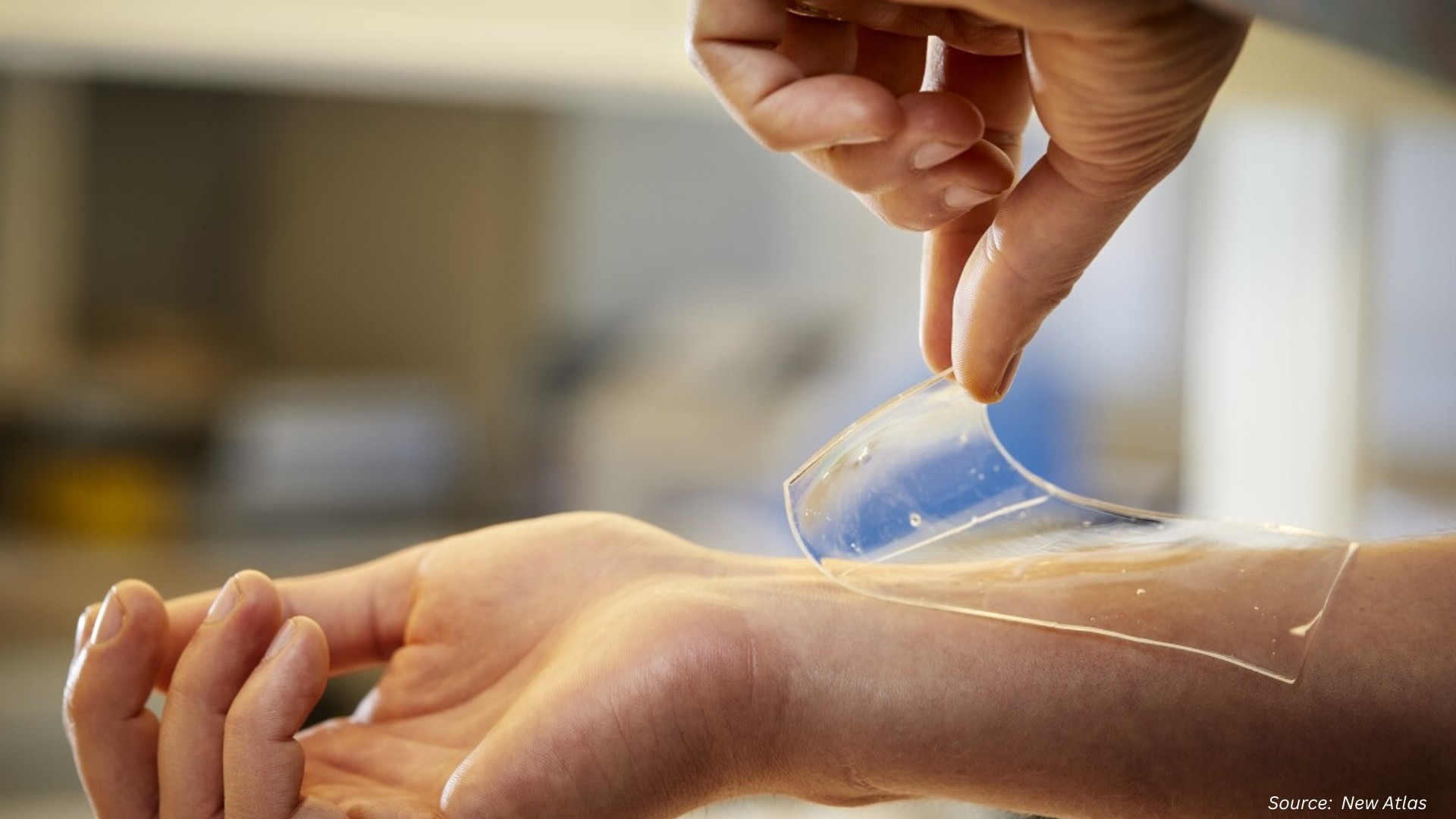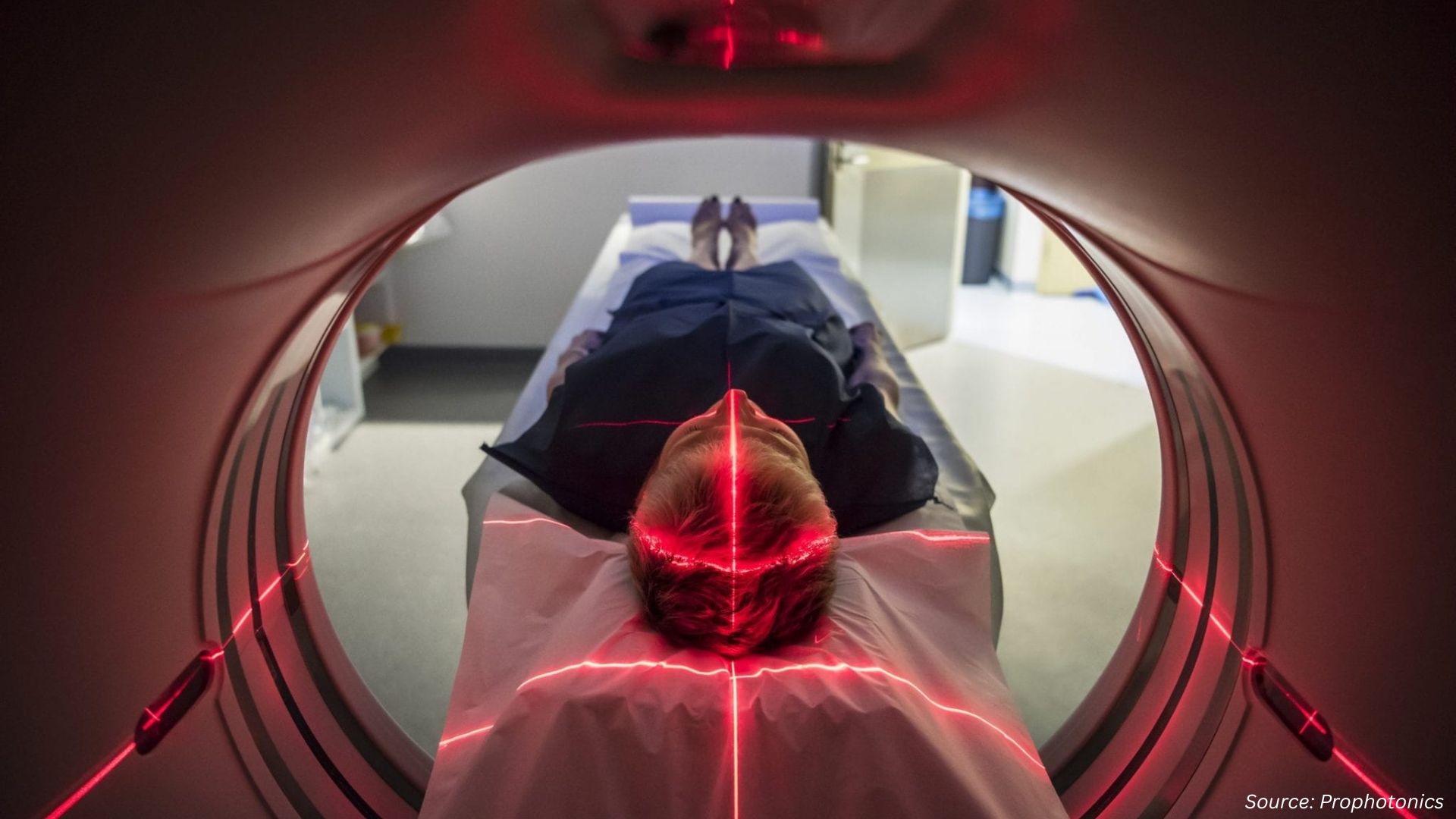CDC Staffers Say Health Secretary’s Vaccine Rhetoric Fanned Hostility
Published: 2025-08-16

Industry Insights from Next Move Strategy Consulting
Centers for Disease Control and Prevention employees have expressed anger and concern over Health Secretary Robert F. Kennedy Jr.’s past statements on vaccines, after a shooting at the agency’s Atlanta campus that left a police officer dead. The suspected shooter, Patrick White, 30, of Kennesaw, Georgia, told a neighbor he believed the Covid vaccines had made him ill, though investigators have not established a motive.
A visit to the CDC campus on Monday by Secretary Kennedy included a walk-through of damaged buildings and a meeting with the widow of the slain officer, the Department of Health and Human Services said. Employees were told to work remotely for the week, and a virtual all-staff meeting is planned for Tuesday; it was not clear whether Kennedy would attend.
Links to Kennedy’s Record on Vaccines
For many at the agency, the shooting underscored growing hostility toward public-health officials that some attribute to long-running anti-vaccine rhetoric. In 2021, Kennedy filed a petition asking the Food and Drug Administration to revoke authorization of Covid vaccines and called the Covid shot “the deadliest vaccine ever made.” Last week, Kennedy ended 22 contracts aimed at developing mRNA vaccines, and posted on X that “mRNA technology poses more risks than benefits for these respiratory viruses,” according to the agency record.
Staff Reaction and Workplace Impact
Several CDC employees spoke of frustration and fear. “There’s a lot of misinformation, a lot of really dangerous rhetoric that’s currently being spread by the current administration, that makes us seem like villains,” CDC employee Elizabeth Soda said. In internal group chats, staff described feeling that years of public attacks on science and federal workers have made threats more likely. One anonymous employee said colleagues are “pissed off” and see a connection between persistent denigration of public-health work and escalating hostility.
An HHS spokesperson, Andrew Nixon, said in an emailed statement that Kennedy “has unequivocally condemned the horrific attack and remains fully committed to ensuring the safety and well-being of CDC employees,” and urged solidarity with the public-health workforce. Kennedy also emailed CDC staff on Saturday saying he was praying for the agency and called the shooting “deeply unsettling,” according to an email obtained by NBC News.
Expert Perspective: The Vaccine as a Scapegoat
Infectious-disease specialist Dr. Peter Chin-Hong of the University of California, San Francisco, described the Covid vaccine as a focal point for broader pandemic losses — an object people can blame for multiple hardships. He noted that public-health figures have long faced threats; during the pandemic he received numerous threatening messages and now still gets hostile emails about once a week. The recent shooting, he said, has intensified his sense of personal risk when speaking publicly about vaccines.
Context of Threats to Public-Health Figures
Threats and harassment of public-health officials predate the Atlanta shooting. High-profile experts — including former NIAID director Dr. Anthony Fauci — have previously been the target of multiple threats, and agency staffers say that hostile rhetoric and misinformation have helped fuel an environment in which violence against health workers is a real fear.
Looking Ahead
As the CDC community copes with the aftermath, employees and leaders are weighing safety, morale and the broader consequences of public messaging on vaccines and public health. HHS called for unity in support of the agency’s staff; at the same time, many CDC employees continue to voice deep frustration over statements they say have eroded public trust and increased danger for those carrying out health missions.
Prepared by: Next Move Strategy Consulting
















Add Comment